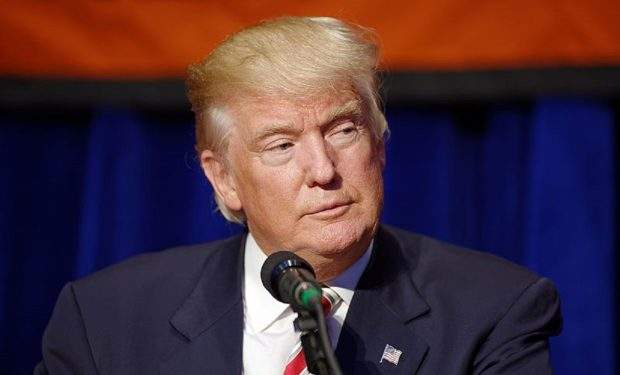Former Proud Boys leader Enrique Tarrio was convicted in May on charges of seditious conspiracy for his role in organizing a group of pro-Trump followers to attack the Capitol on Jan. 6, 2021. Yesterday, Tarrio was sentenced to 22 years in prison — the most severe punishment yet meted out to any of the 1,100-plus people charged in connection with the Capitol attack.
Proud Boys Leader Sentenced to 22 Years in Prison for Seditious Conspiracy and Other Charges Related to U.S. Capitol Breach @FBIWFO https://t.co/v0oP6R4IuF pic.twitter.com/kWjy6xPT46
— FBI (@FBI) September 6, 2023
The aim of the Capitol attack was to stop the peaceful transfer of power to President Joe Biden‘s administration, a transfer which — according to Special Counsel Jack Smith and Georgia District Attorney Fani Willis — Trump and a band of his own co-conspirators allegedly also tried to prevent.
Tarrio’s sentencing threw a spotlight onto former President Trump’s remark during a debate with Joe Biden while Trump was still President, when Trump gave a direct order to the Proud Boys on national TV, saying “Proud Boys, stand back and stand by.”
It was an extraordinary moment in U.S. politics, with the Commander in Chief directly addressing the paramilitary group that Wikipedia describes like this:
The Proud Boys is an exclusively male North American far-right neo-fascist militant organization that promotes and engages in political violence. The group’s leaders have been convicted of violently opposing the US government, including the constitutionally prescribed transfer of presidential power. It has been called a street gang and was designated as a terrorist group in Canada and New Zealand. The Proud Boys are known for their opposition to left-wing and progressive groups and for their support of former U.S. President Donald Trump.
The direct, very public address of the Proud Boys by the then-President is in the spotlight now due to DA Willis’s RICO corruption charges against the President and how “overt” acts are part of the prosecution’s case.
In the Fulton County, Georgia case, Trump and his 18 co-defendants allegedly committed more than 160 individual “overt acts” to further their plan, including “tweets and speeches made by Trump and others, phone calls and meetings,” as NPR phrases it.
The Fulton County indictment identifies much of the conduct as constituting “overt acts in furtherance of the conspiracy.” These acts, like any instance of free speech exercised by the accused, don’t have to constitute crimes on their own to contribute to the furtherance of the conspiracy.
Trump’s remarks to the Proud Boys — telling the group which would attack the Capitol less than three months later to “stand by” — is an example of how an overt act can be seen, while legal and public, to have helped further a larger plot to overthrow the government and invalidate the election of Biden.
Proximity to an event is also not necessary for participants in a conspiracy, and it’s notable that Tarrio’s conviction came despite the fact that he was not at the Capitol on January 6, 2021.
Protesting remarks by X commenters that Tarrio’s absence from the scene somehow exonerated him met with a terrible reminder that proximity isn’t paramount, as one observer wrote: “Osama bin Laden was not physically driving the planes that hit the towers.”
